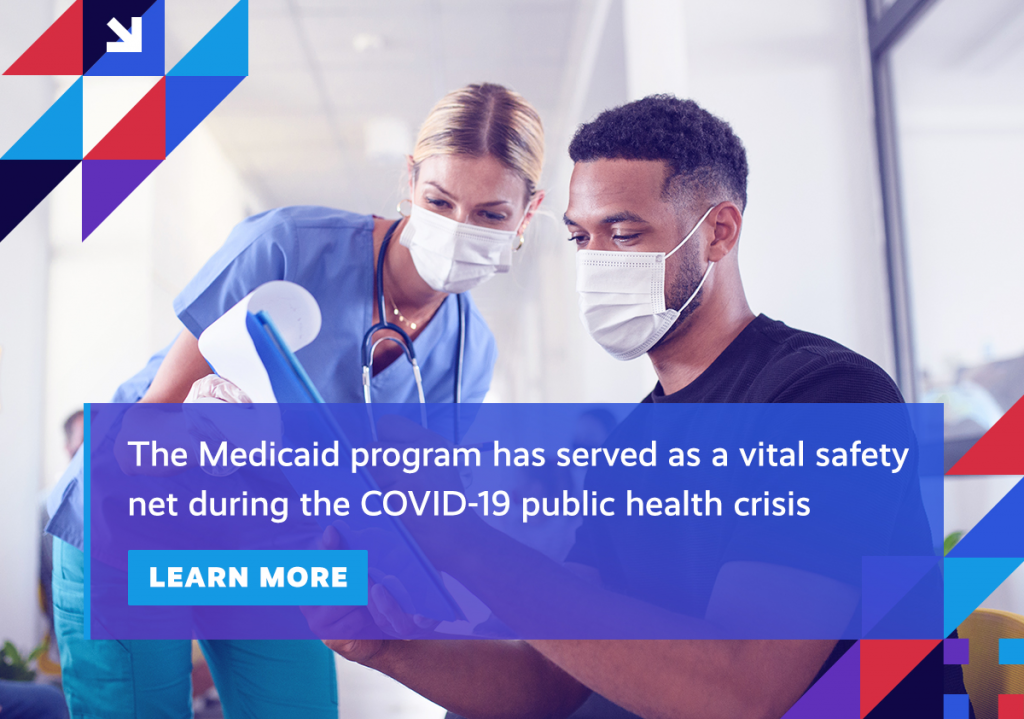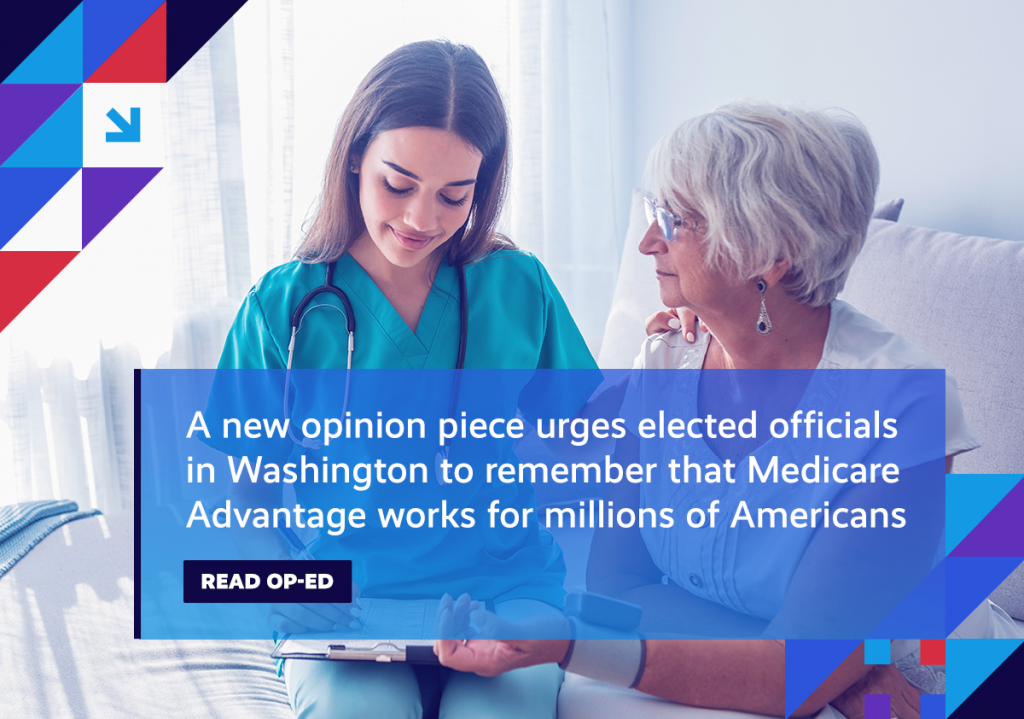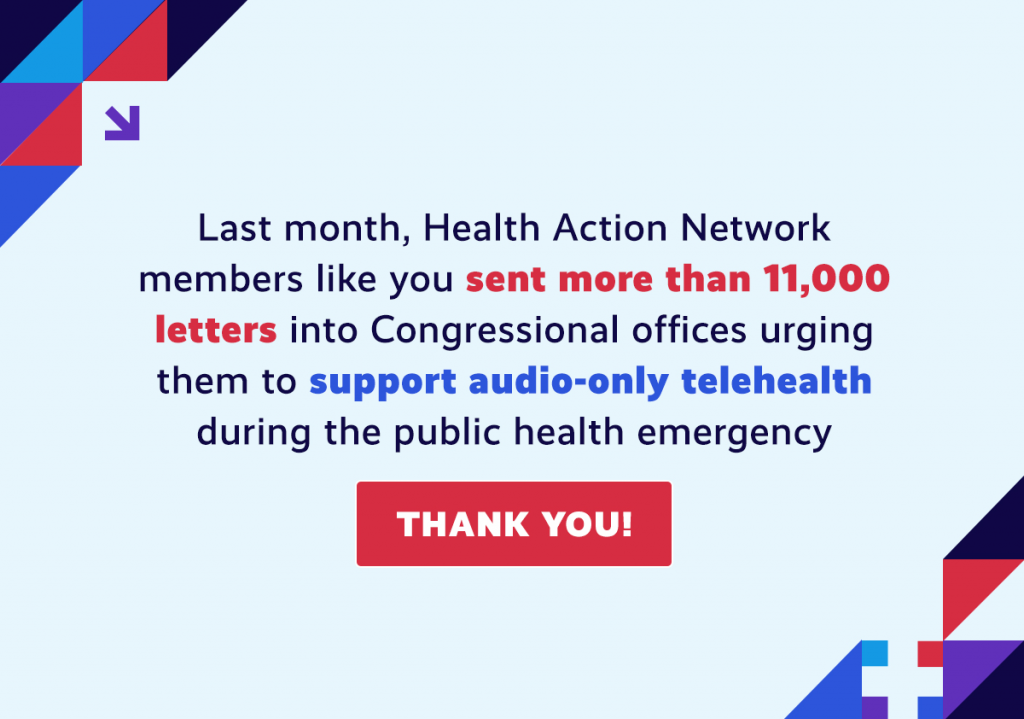Lawmakers return to Washington as budget negotiations ramp up; new polling shows broad support for Medicare Advantage; hospital acquisitions of physician offices drive up healthcare costs; and, patient advocates warn against the cost of arbitration in addressing surprise medical bills.
We encourage you to stay involved as implementation efforts surrounding healthcare reform progress. Visit the Health Action Network and be sure to let us know what’s on your mind.
Item of the Week

Week in Review
Budget: Having returned from their August district work period, lawmakers wasted no time last week working to advance their comprehensive budget reconciliation package. As previously covered, the $3.5 trillion proposal contains a number of legislative priorities aimed at addressing healthcare access, family services, and climate change. House lawmakers narrowly passed that budget blueprint at the end of last month, at the same time setting up a vote for later this month on their $1 trillion infrastructure bill that had been a sticking point in earlier negotiations. In addition to finding a way forward on these priorities, lawmakers must also come to an agreement on a handful of must-pass items, including funding the government, raising the debt ceiling, and passing emergency disaster aid.
MA Polling: The Medicare Advantage (MA) program continues to enjoy widespread support from its growing pool of beneficiaries. In fact, according to new polling data conducted by Morning Consult, protecting MA is an important voting issue for the vast majority of senior voters on Medicare. Nearly four-out-of-five respondents to the survey (80 percent) – including a bipartisan majority of Democrats and Republicans – said that they would oppose their member of Congress if they voted to cut Medicare. Against the backdrop of lawmakers’ current efforts to come to an agreement on their comprehensive, sweeping, $3.5 trillion budget reconciliation package, stakeholders are reinforcing the importance of protecting the integrity of the Medicare Advantage program by highlighting the value it brings to 27 million Americans.

Hospital Acquisitions: A recent analysis details the impact that consolidation of health systems is having on healthcare costs – specifically, what happens when hospitals acquire smaller physician offices. By the end of last year, nearly half of all doctors in this country were employed by hospitals or large health systems (49.3 percent). This was undoubtedly a function of the 3,200 physician practices acquired by hospitals during a two year stretch that began in 2019. That flurry of activity represented an 8 percent increase in hospital-owned practices. Unfortunately for consumers, research has shown that this type of consolidation not only results in increased costs, but a corresponding decrease in quality of care, as well. With greater attention being paid to the impact that hospital consolidation is having on our healthcare system coming, it should come as no surprise that calls for greater oversight over these transactions have also gone up.
Surprise Medical Billing: Ahead of new federal rules prohibiting surprise medical bills being finalized, stakeholders are warning regulators against the unintended consequences – specifically, costs – associated with arbitration. To make their argument, they need go no further than point to what’s happened in Texas since the Lone Star State implemented their new arbitration process two years ago. Alarmingly, by June of this year, arbitration requests had skyrocketed to more than 50,000 – exceeding the total number of requests from the year prior. Already, the fees associated with arbitration in Texas have exceeded $30 million, driving up consumers’ premiums. And, that experience has been shown to be more the rule than the exception across the country, such as in New York, where a similar approach was adopted, with similar results.
Spotlight

| You can keep up with the latest by following the Health Action Network on Twitter and by liking us on Facebook. And, be sure to check us out on LinkedIn, too. As always, let us know if there’s something you’d like to see covered in a future newsletter. |
